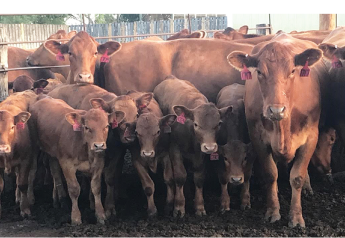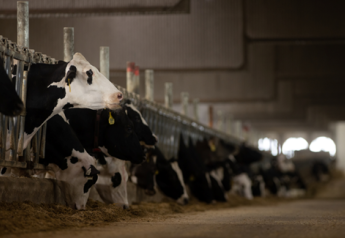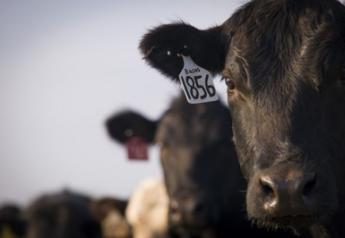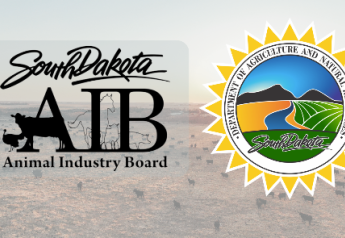AASV board addresses antibiotic-free production

The American Association of Swine Veterinarians' (AASV) Board of Directors addressed the issue of antibiotic-free production during their spring board meeting on March 21, 2016. Veterinary members of the association's Pig Welfare and Pharmaceutical Issues committees raised concerns regarding pig health and well-being in antibiotic-free production systems. The committees considered issues associated with concerns that animals requiring antibiotics may not receive timely treatment under certain antibiotic-free production strategies.
The timely treatment of sick animals is a standard of veterinary medicine and proper animal husbandry. Some antibiotic-free systems, however, incentivize the lack of antibiotic use and do not provide an alternative marketing strategy for those animals that need antibiotic treatment. This disincentive may lead to delayed treatment or the failure to treat altogether. AASV members consider this to be unacceptable from the standpoint of proper animal health and well-being.
In response to these concerns, the AASV board adopted the following position statement (posted on the
AASV web site) regarding raising pigs without antibiotics:
Any pork production system that is marketing pigs raised without the use of antibiotics should closely involve veterinarians in the management of herd health. If a pig is sick, or is at risk of getting sick, it is our responsibility as swine veterinarians to prevent or treat illness in a judicious manner to maintain animal health and welfare. Farmers should have an alternative marketing plan in place for pigs that need to be treated with an antibiotic.
It is important that the decision to treat or euthanize is made in a timely manner so as to minimize the pig's pain or distress.
1.
If an animal has been treated with antibiotics and proper withdrawal times are followed, the meat is safe for consumption.
2.
Marketing programs should not prevent a farmer from treating or preventing illness.







